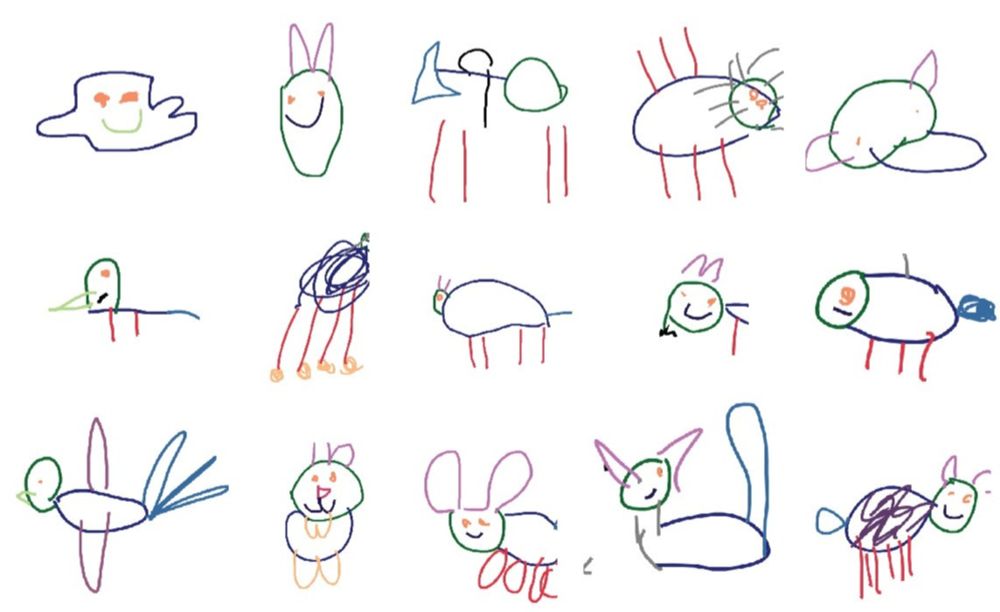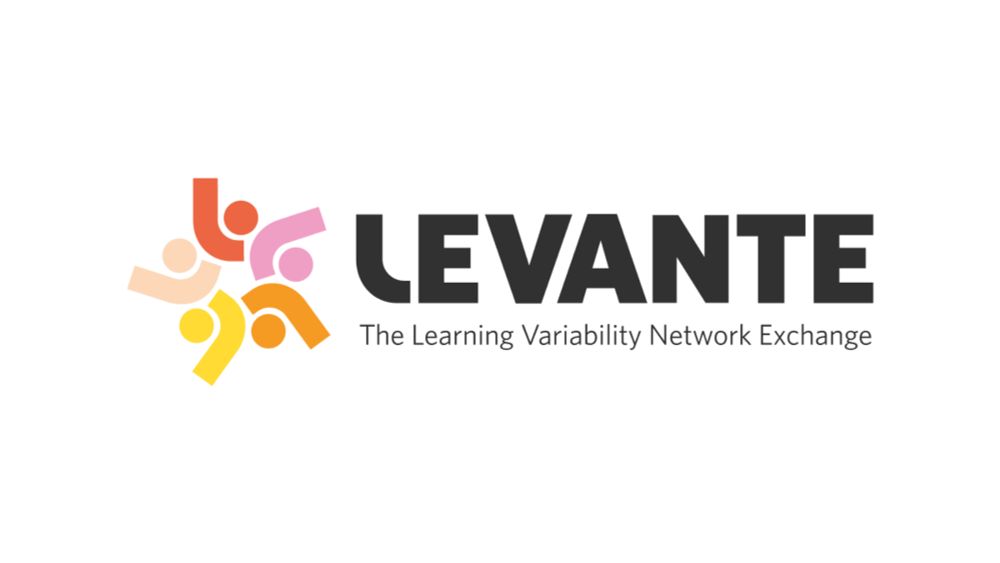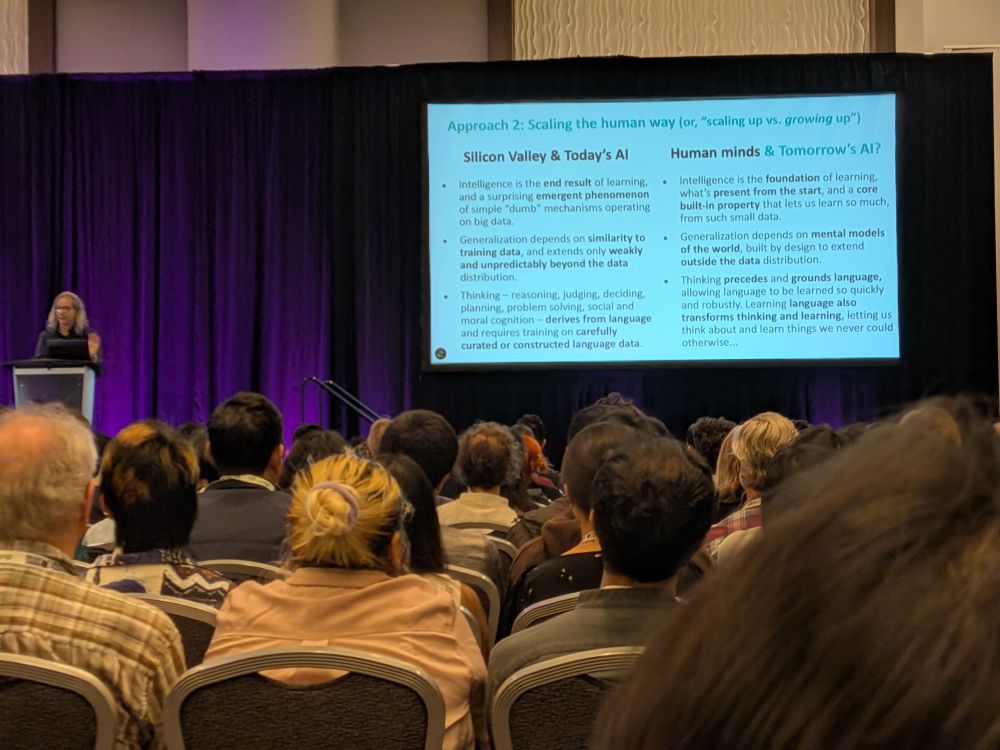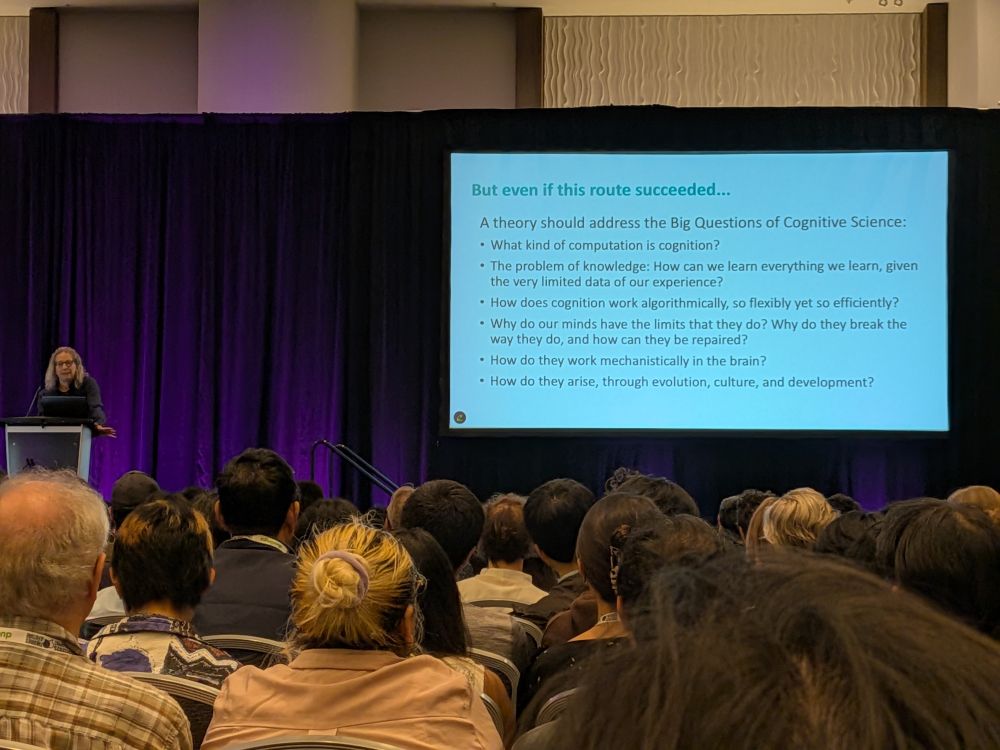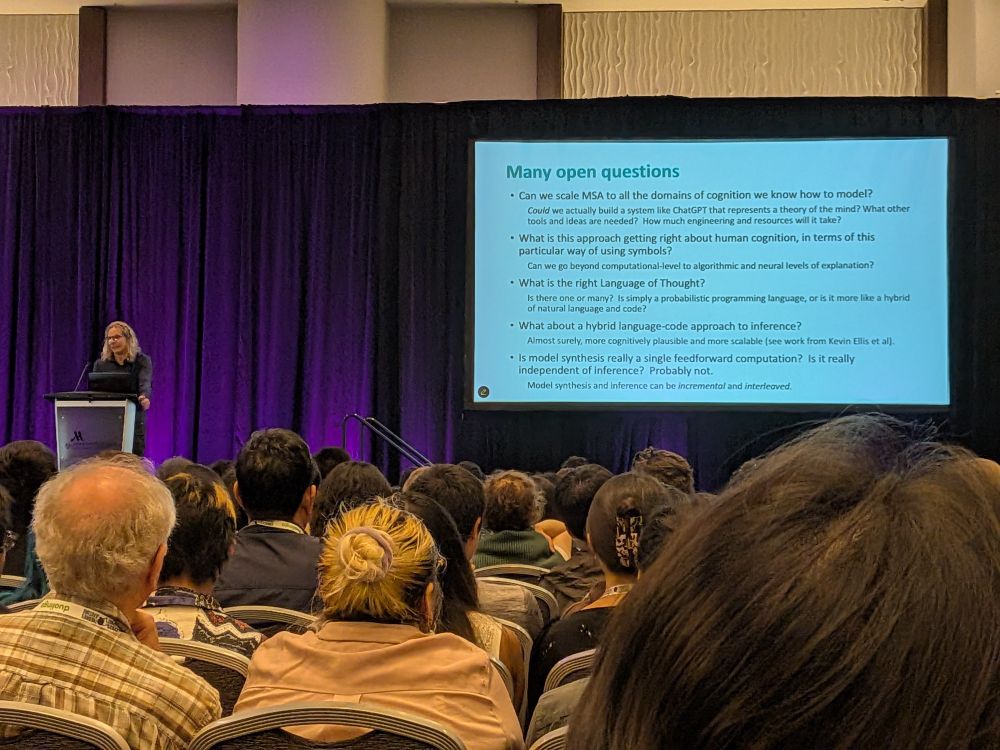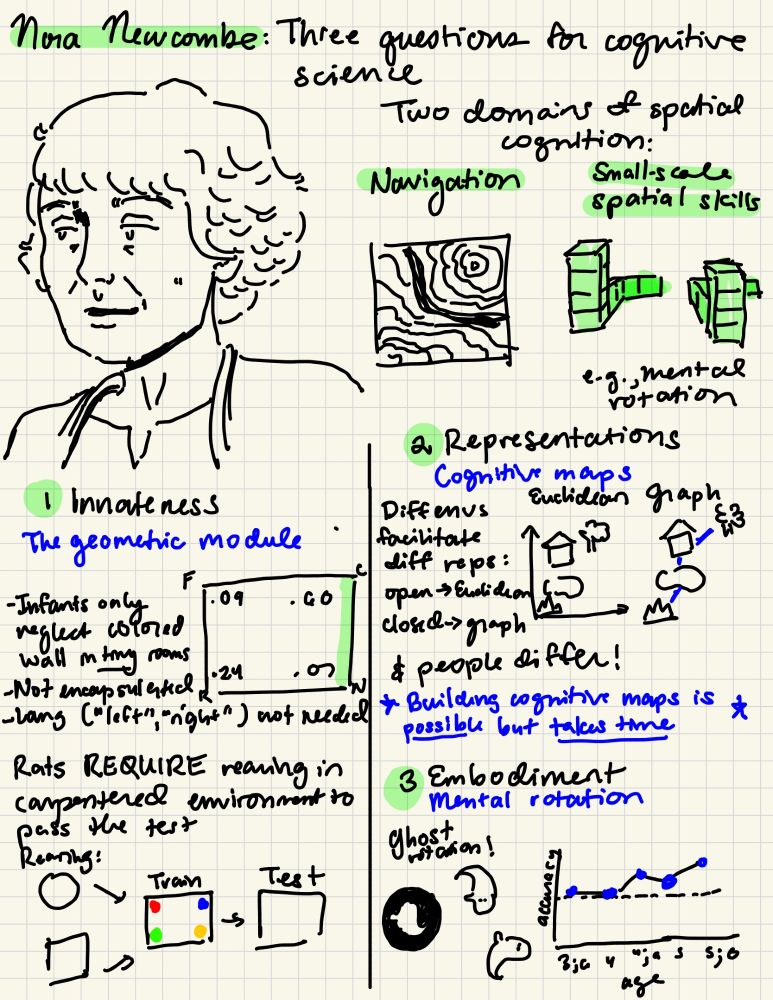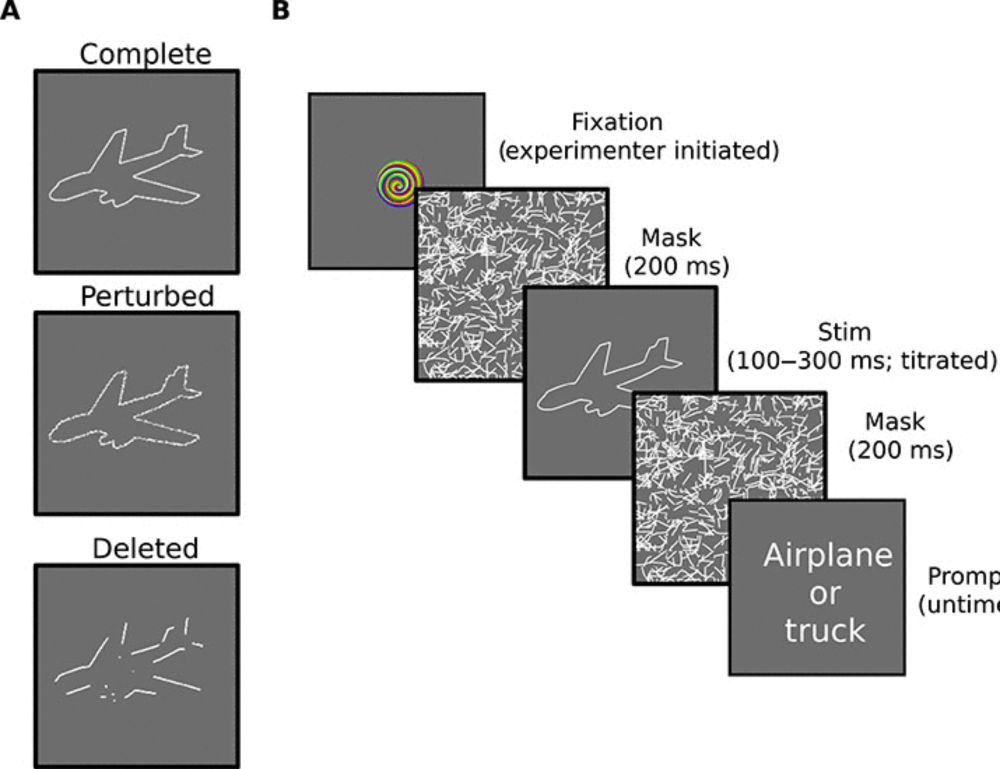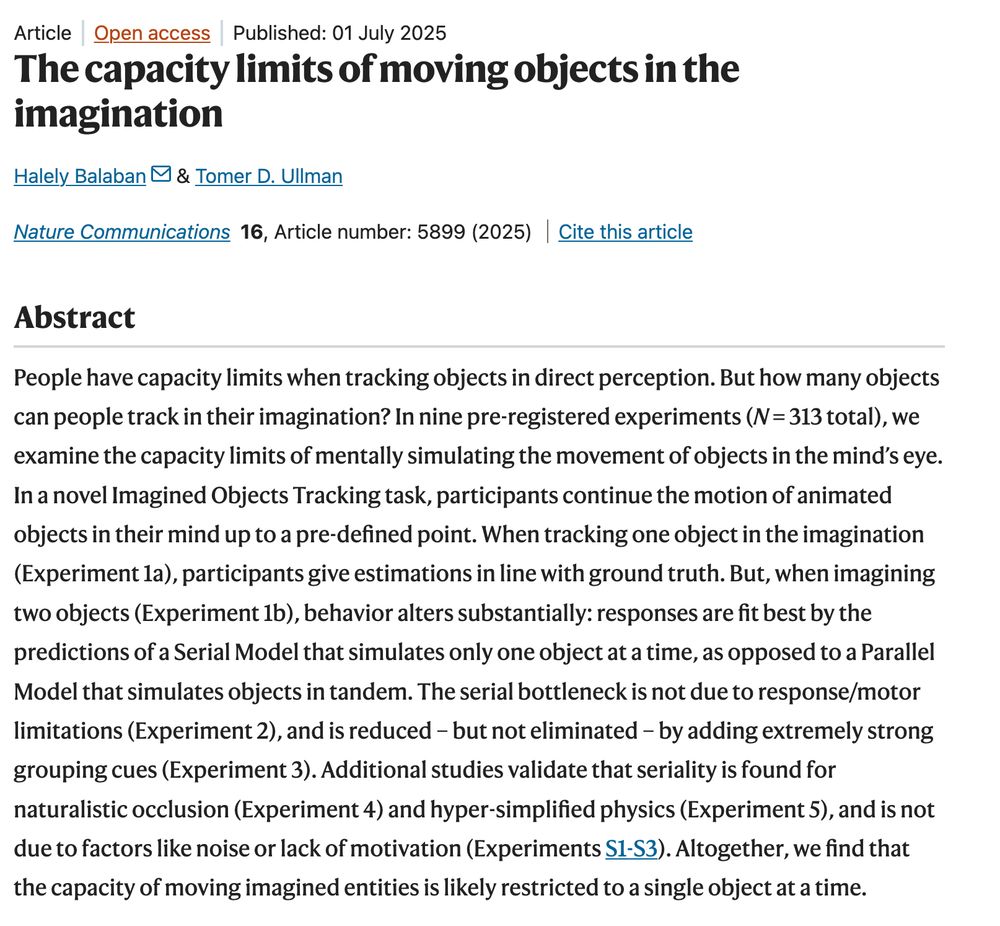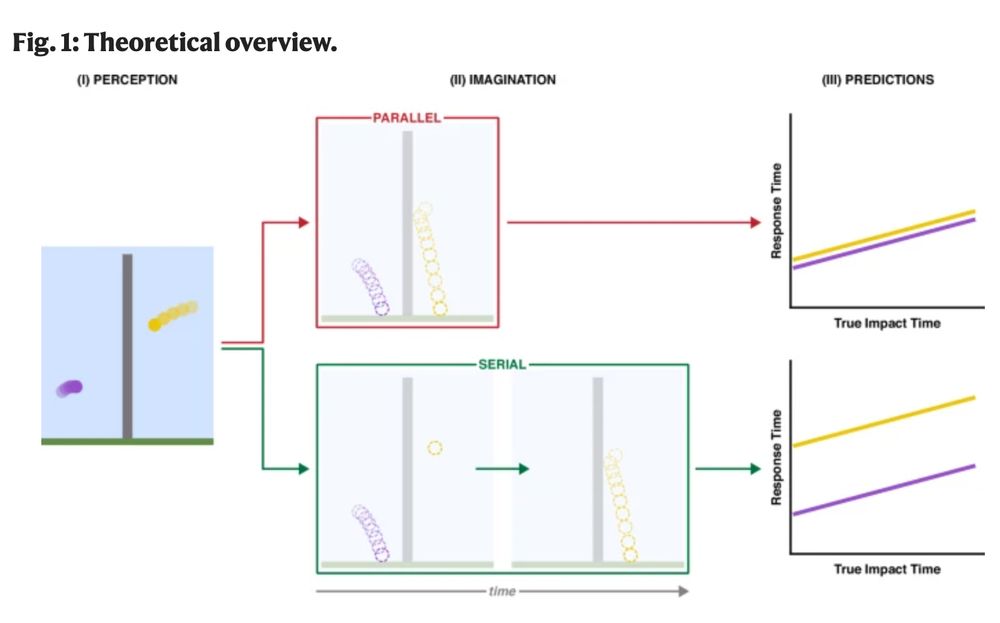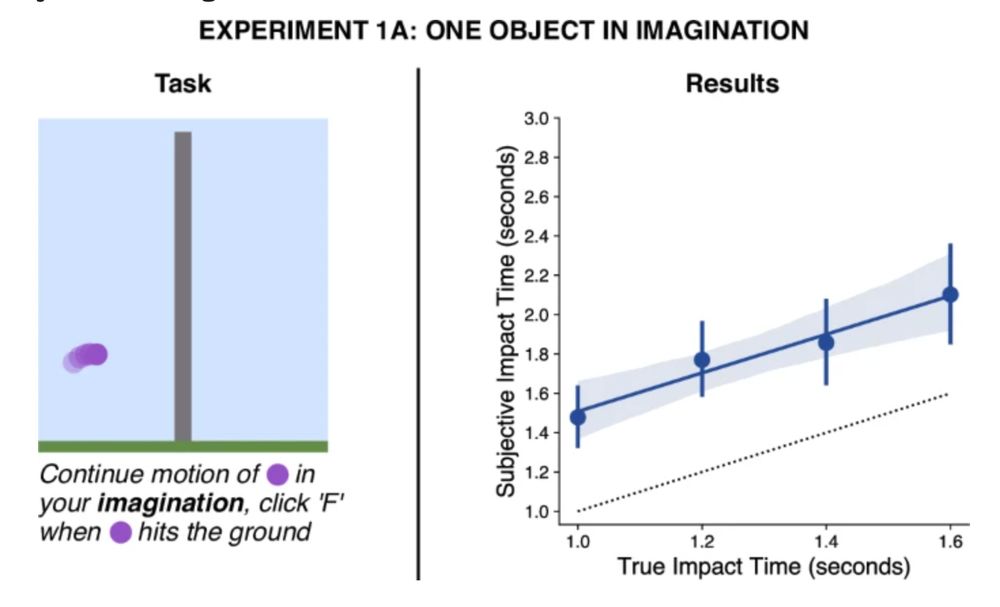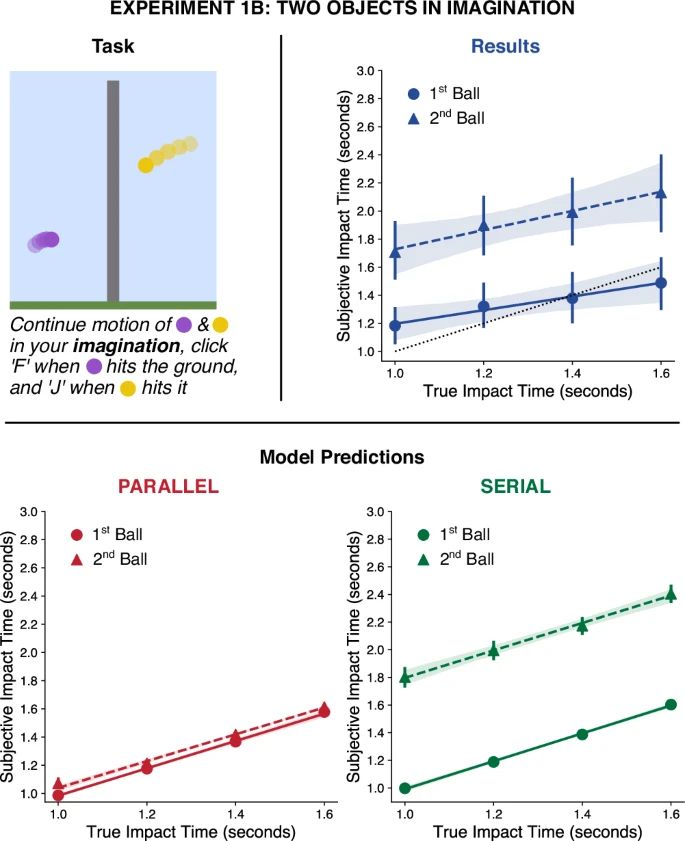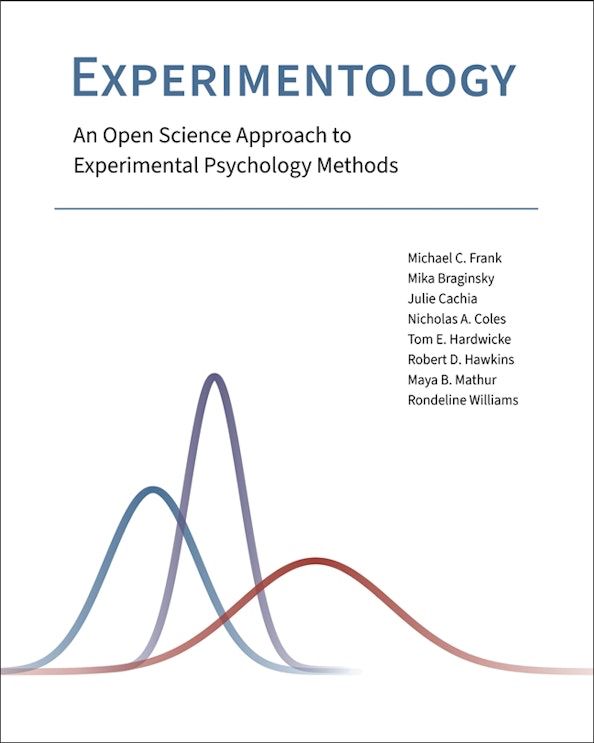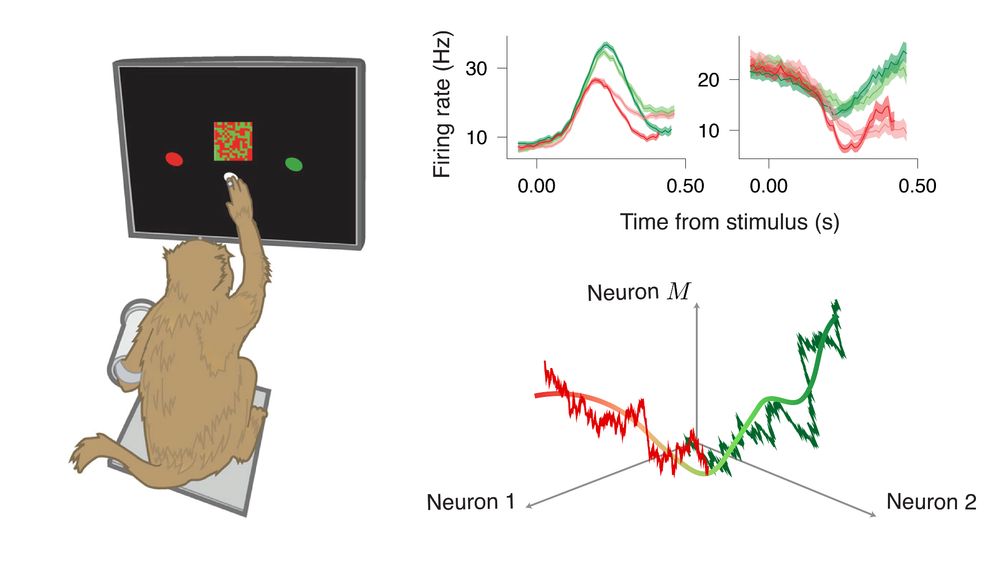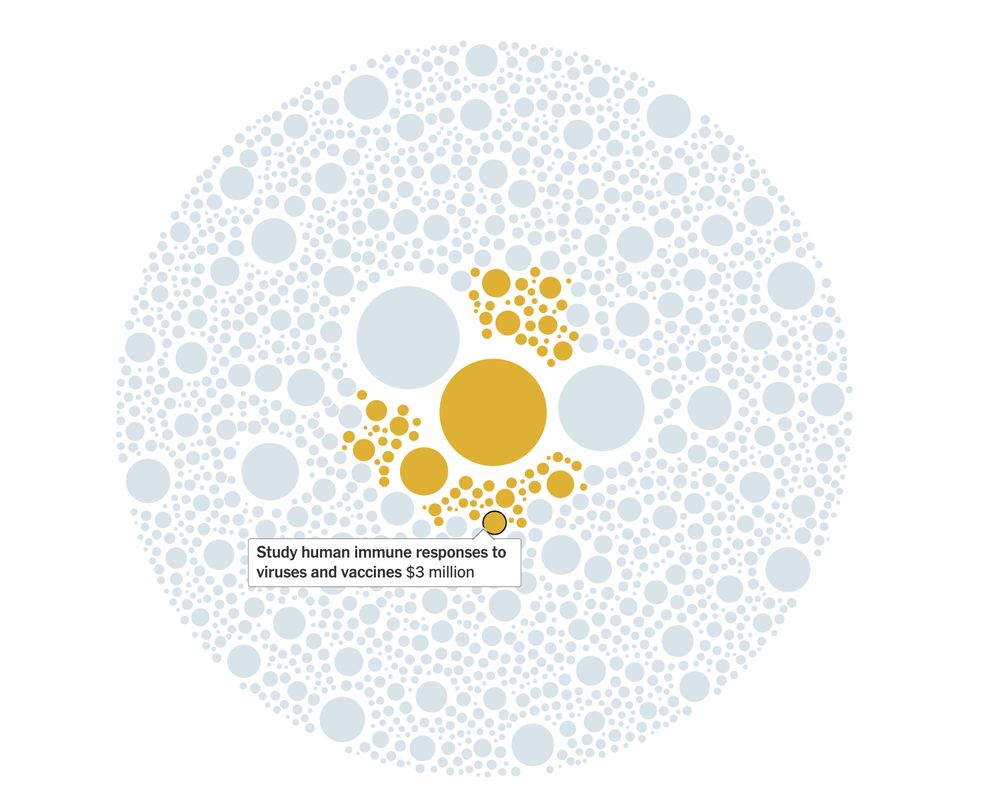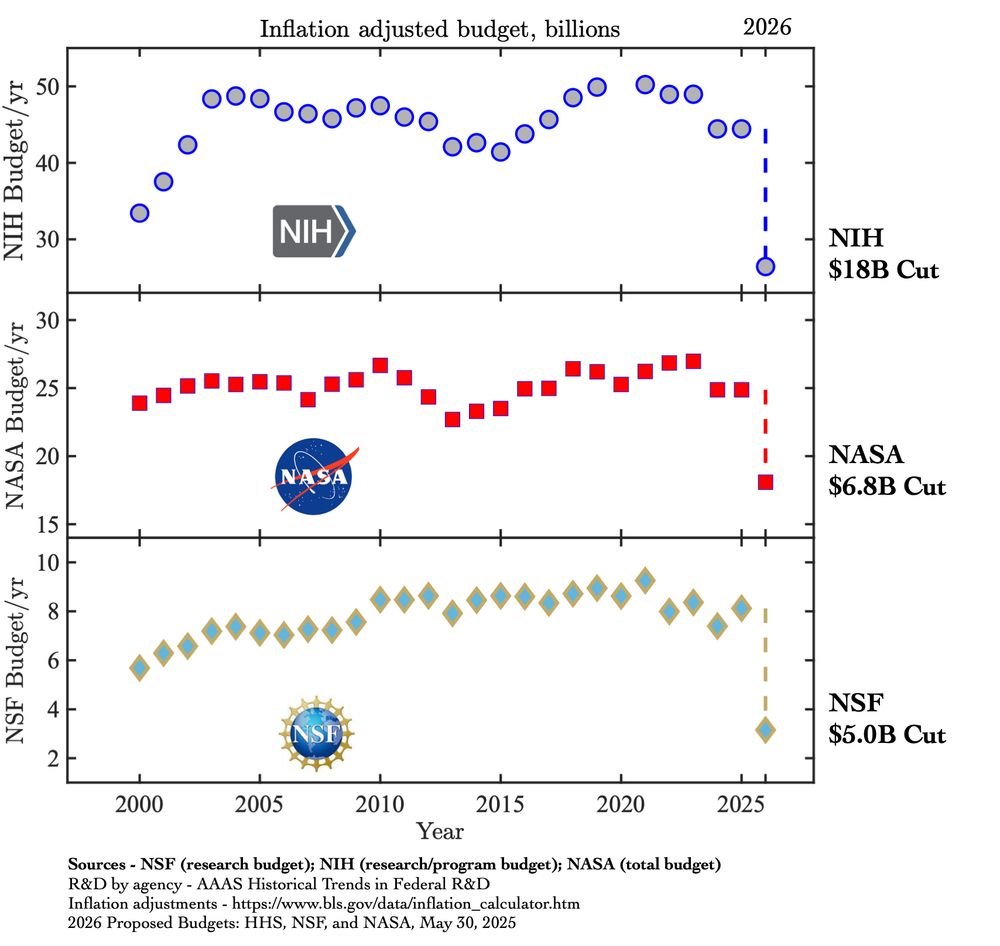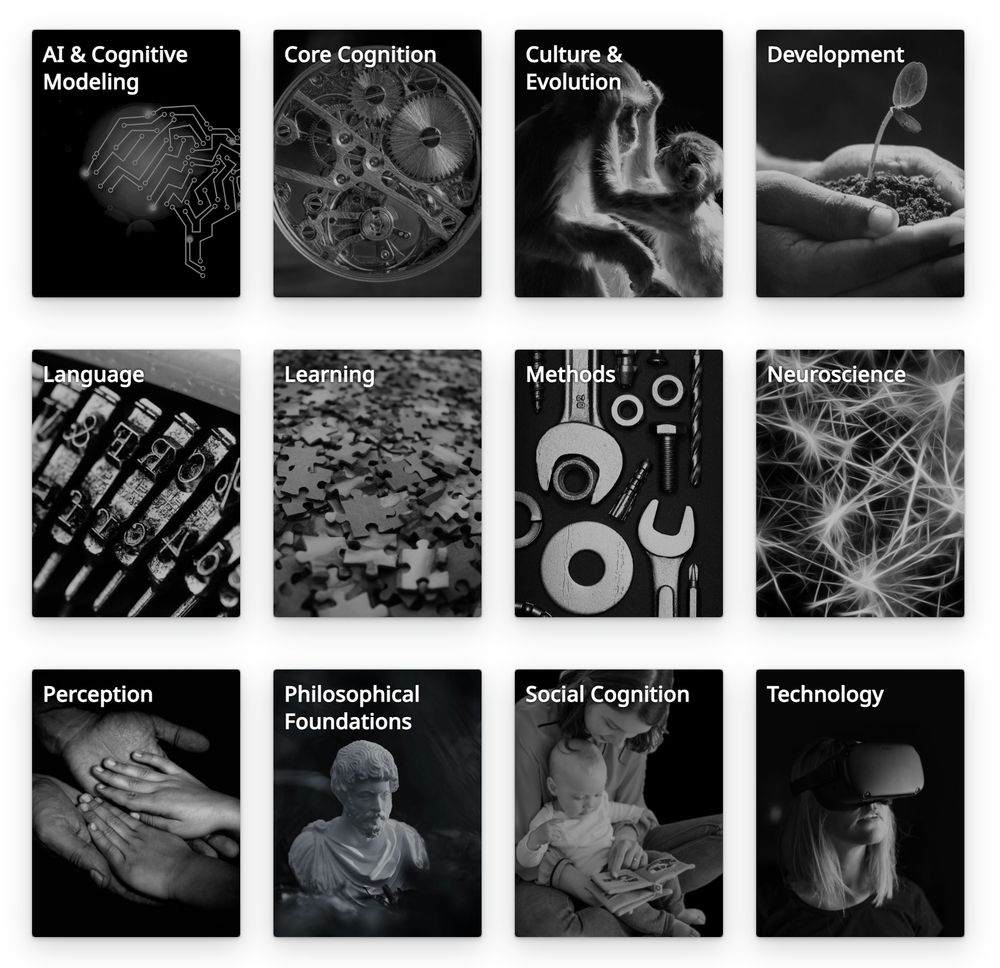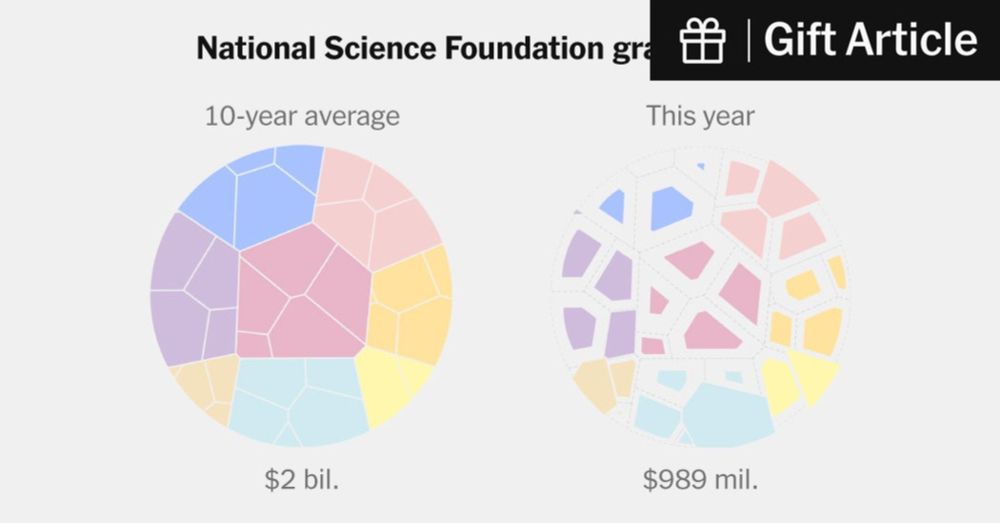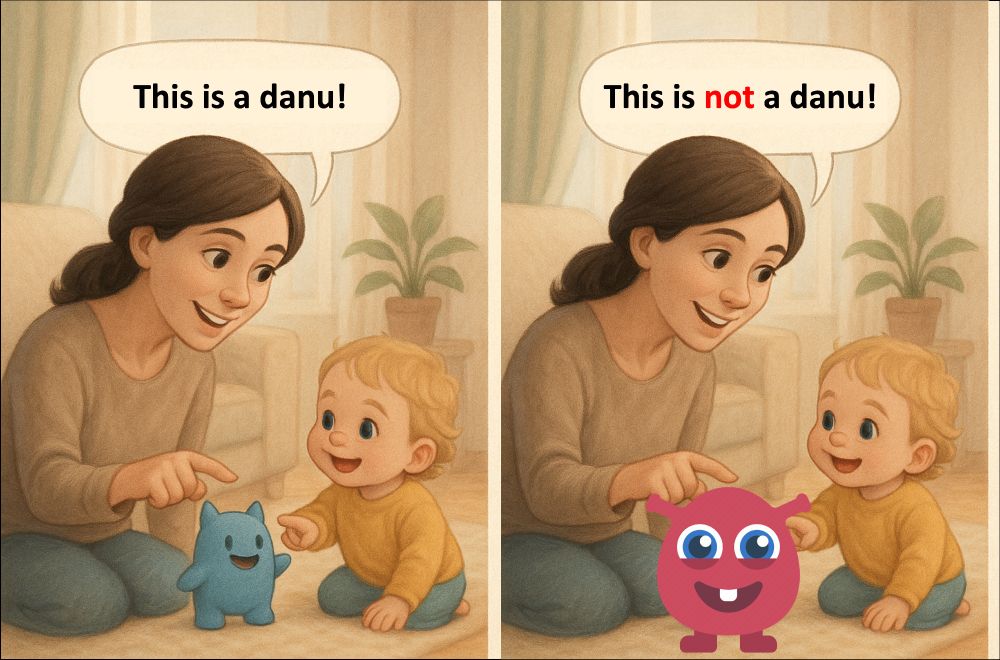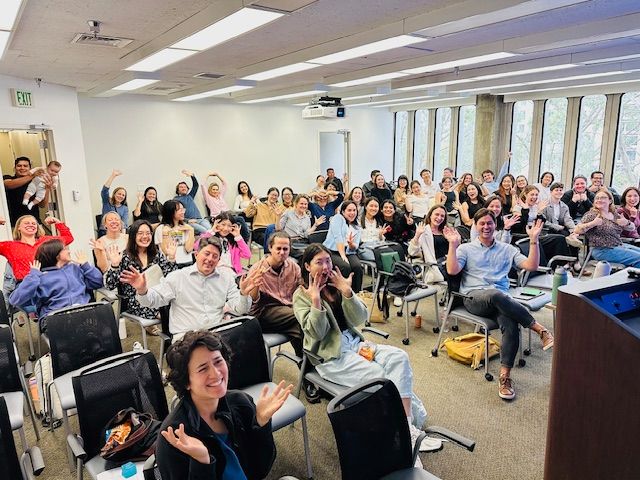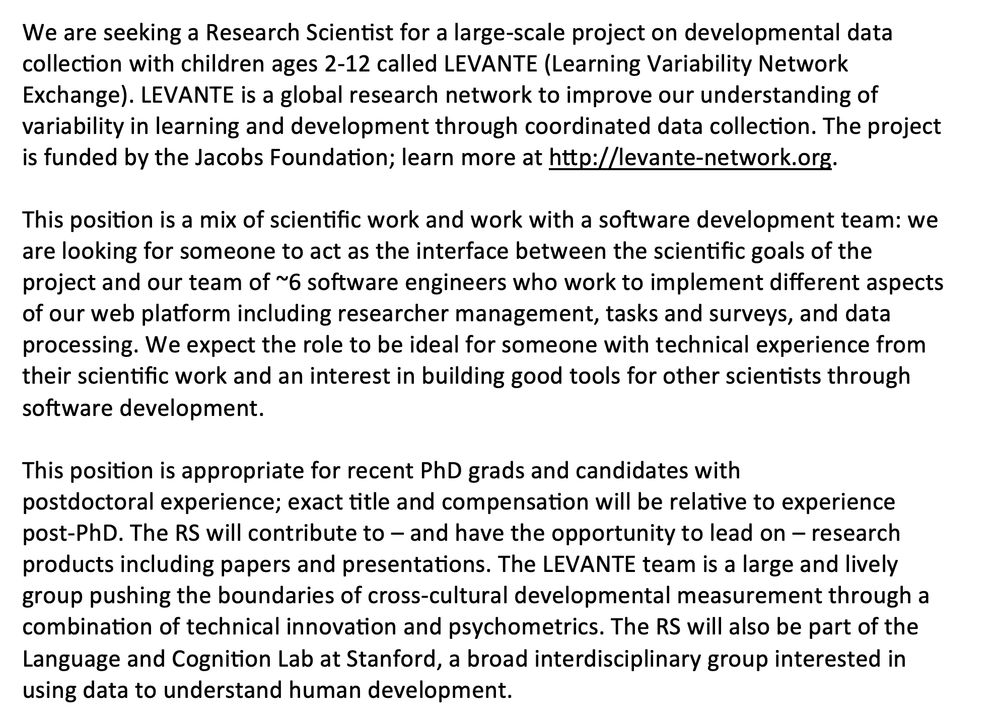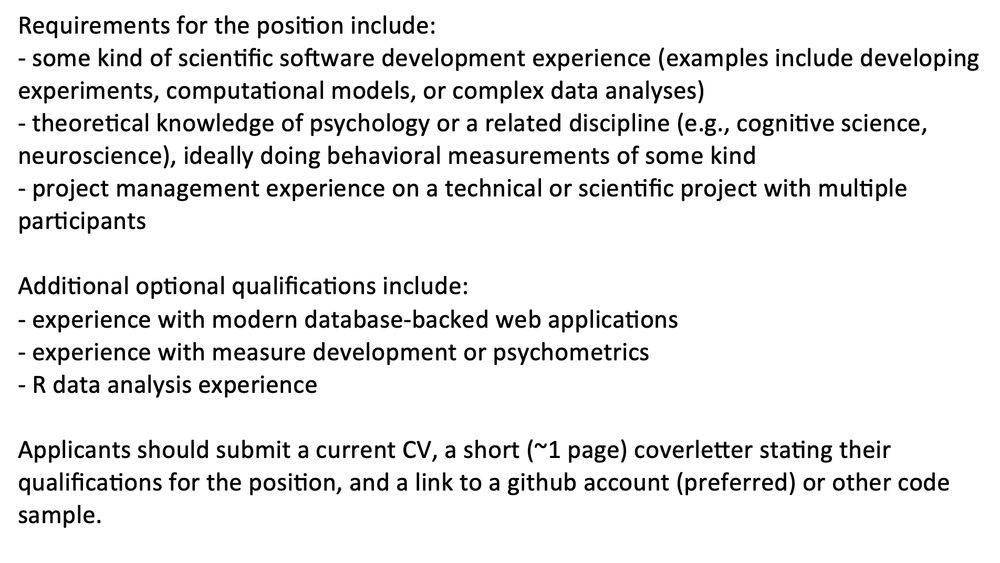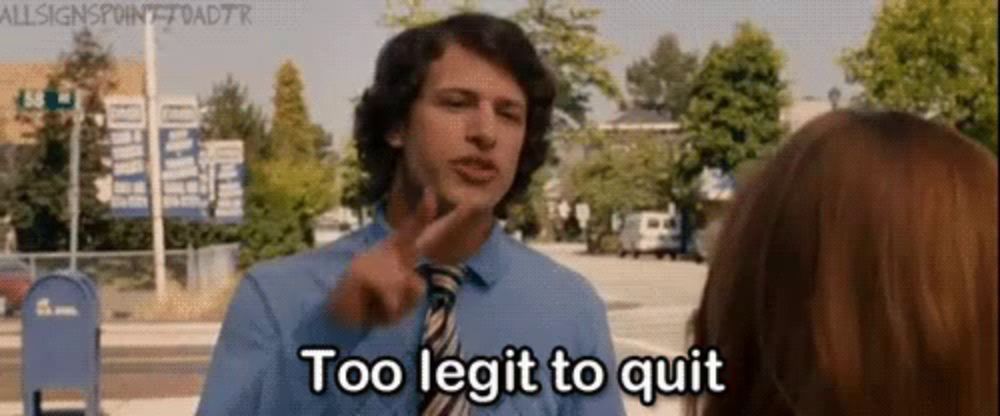Bria Long
@brialong.bsky.social
1.9K followers
410 following
20 posts
Interested in how we learn to derive visual meaning. Asst. Prof. at UCSD Psych. Mom x2, open science advocate. She/her.
brialong.com | vislearnlab.org
Posts
Media
Videos
Starter Packs
Reposted by Bria Long
Reposted by Bria Long
Reposted by Bria Long
Reposted by Bria Long
Reposted by Bria Long
Reposted by Bria Long
Nils Petras
@nilspetras.bsky.social
· Jul 14
Reposted by Bria Long
Reposted by Bria Long
Reposted by Bria Long
Reposted by Bria Long
Reposted by Bria Long
Reposted by Bria Long
Reposted by Bria Long
Reposted by Bria Long
Jeni Kubota
@jenikubota.bsky.social
· May 23
Reposted by Bria Long
Gc Rox
@gcrox.bsky.social
· May 23
Reposted by Bria Long
Reposted by Bria Long
Reposted by Bria Long
ari ☀️
@khoudary.bsky.social
· May 20
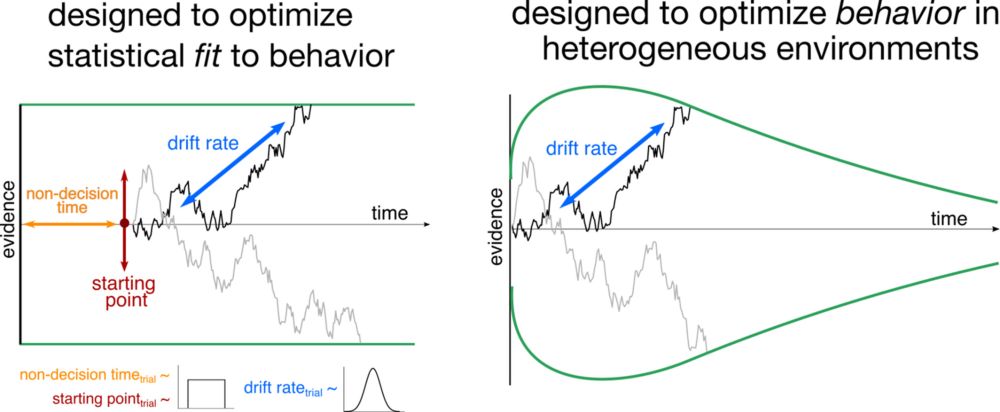
Reasoning Goals and Representational Decisions in Computational Cognitive Neuroscience: Lessons From the Drift Diffusion Model
The appropriate form of the drift diffusion model depends on how one wishes to reason about their target with the model. If the goal is to parsimoniously explain the speed-accuracy tradeoff, the appr...
onlinelibrary.wiley.com
Reposted by Bria Long
Reposted by Bria Long
